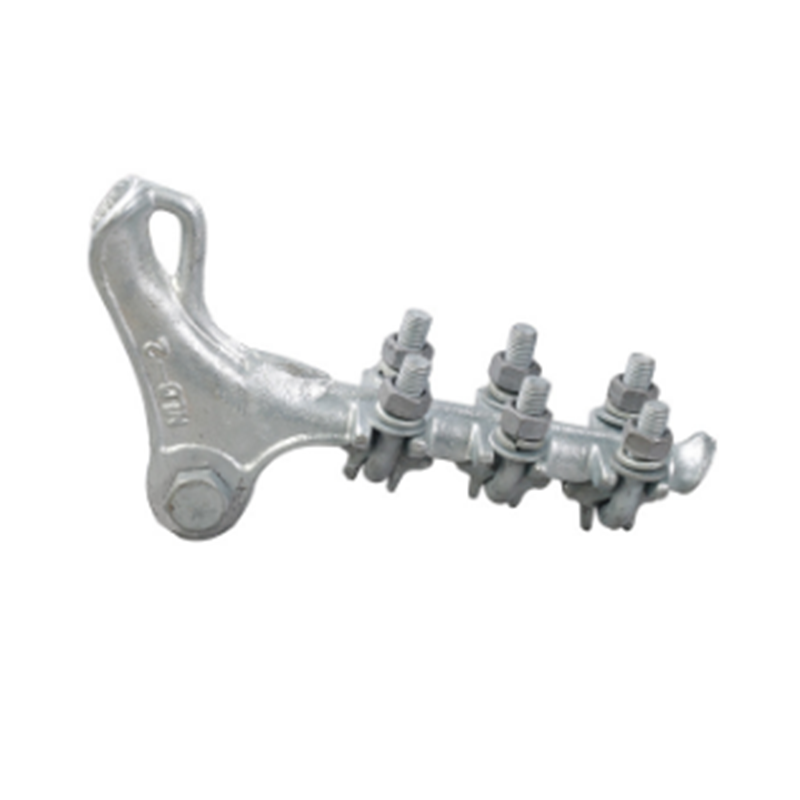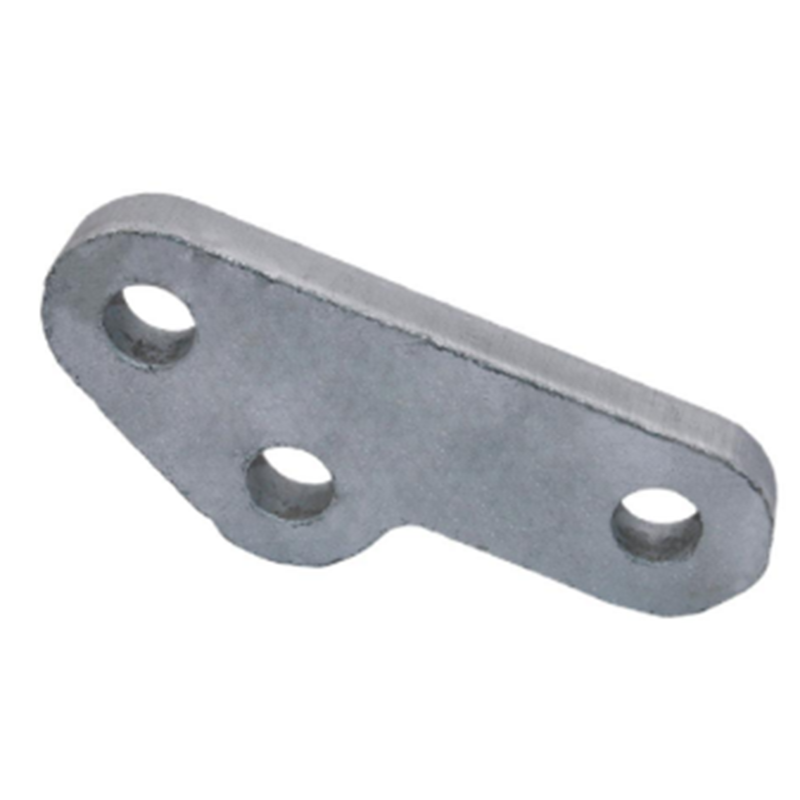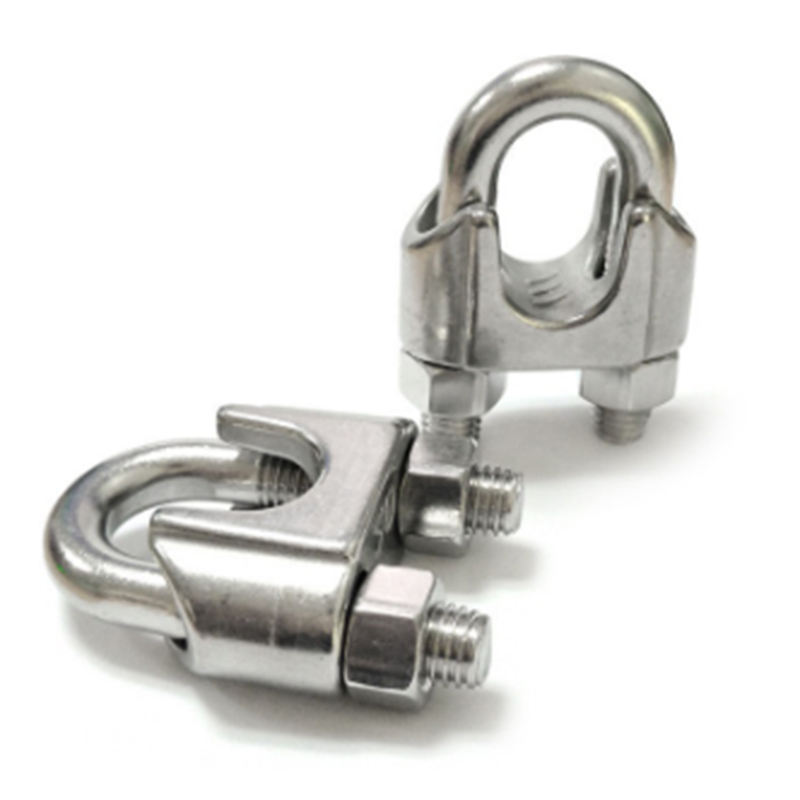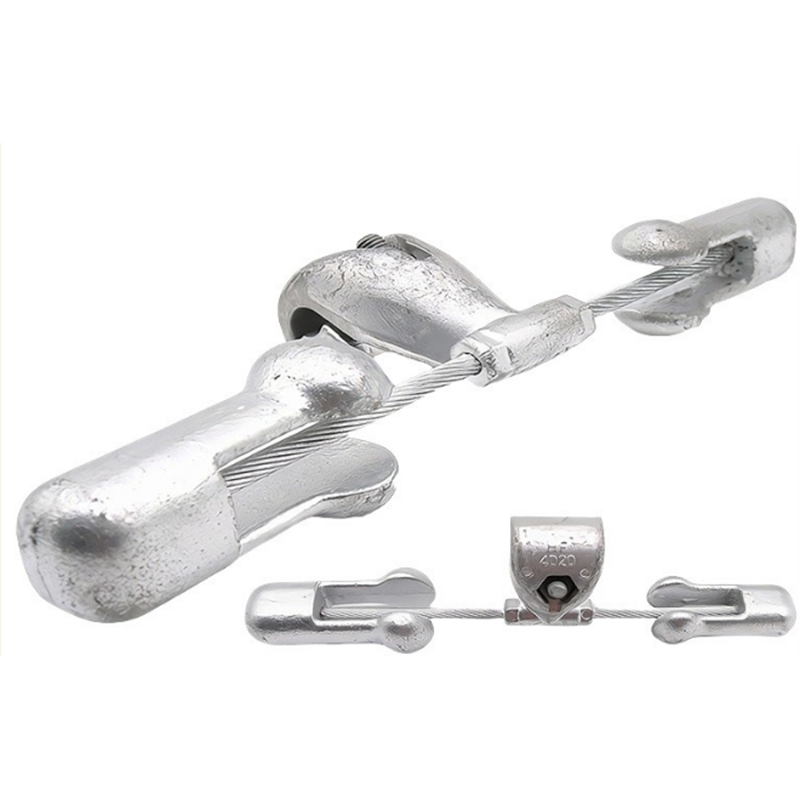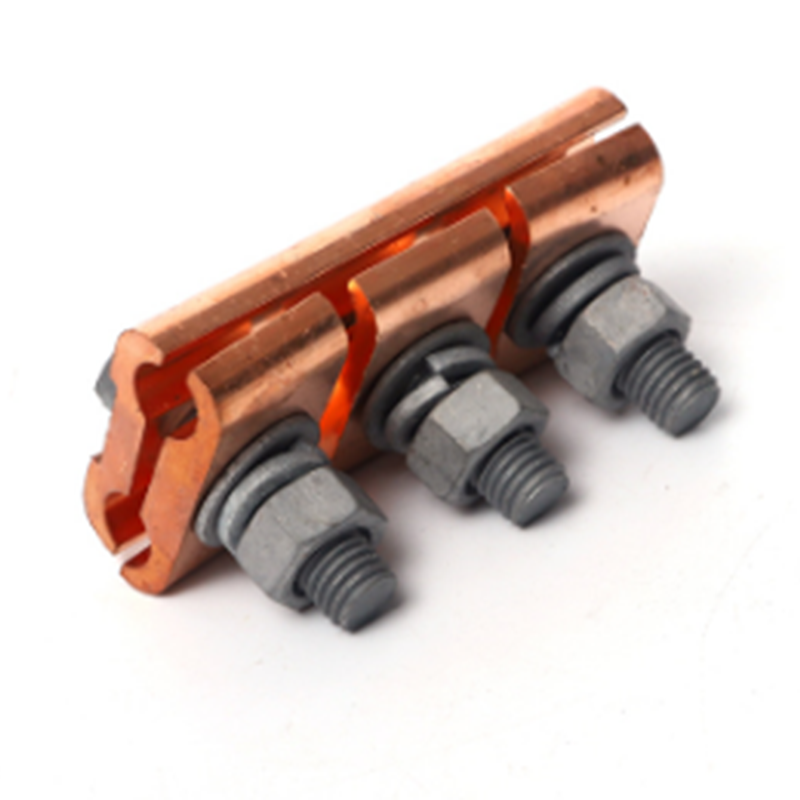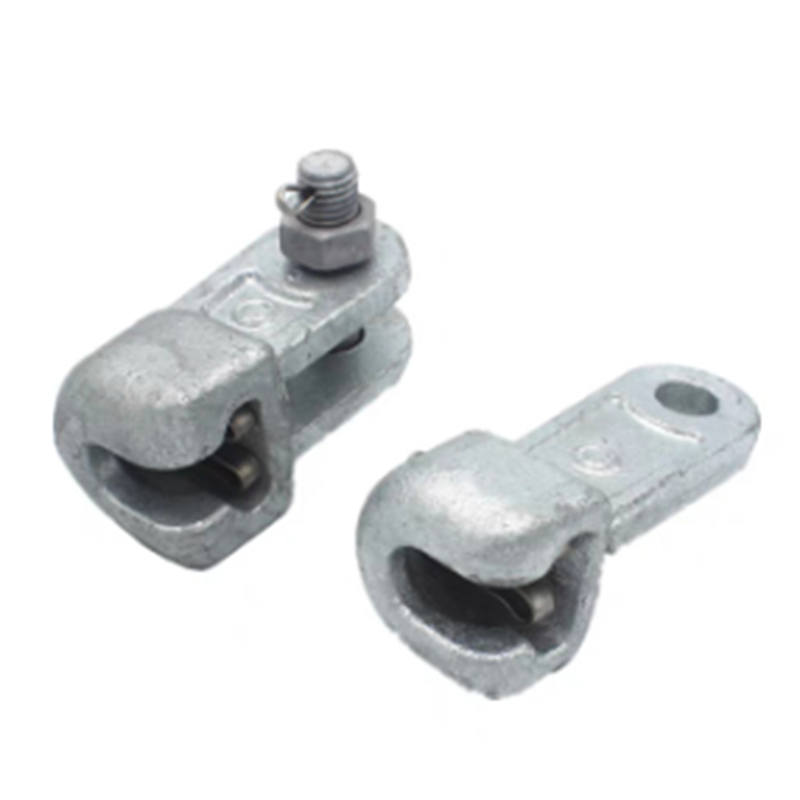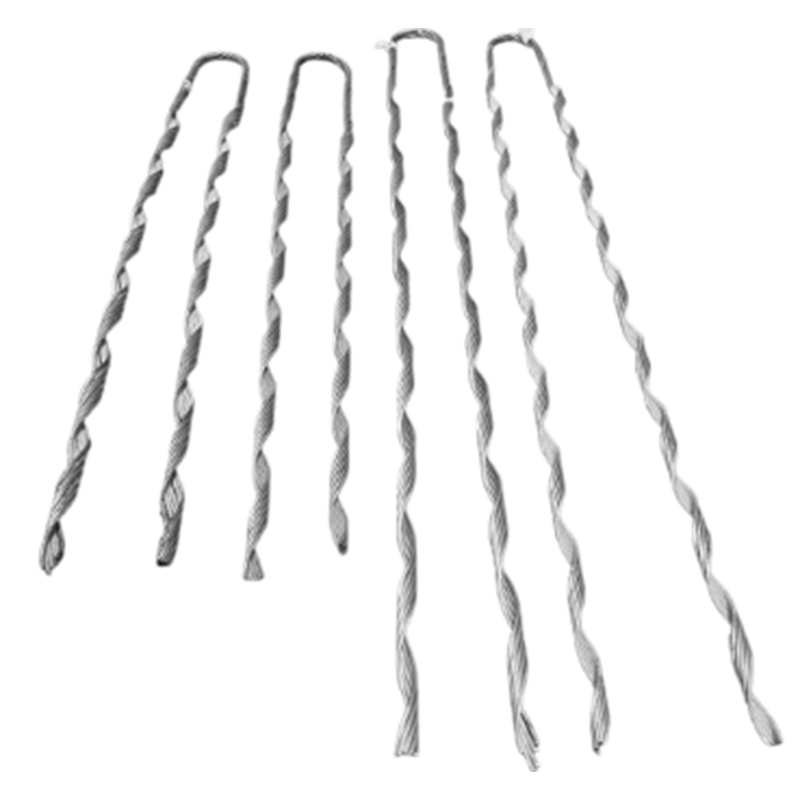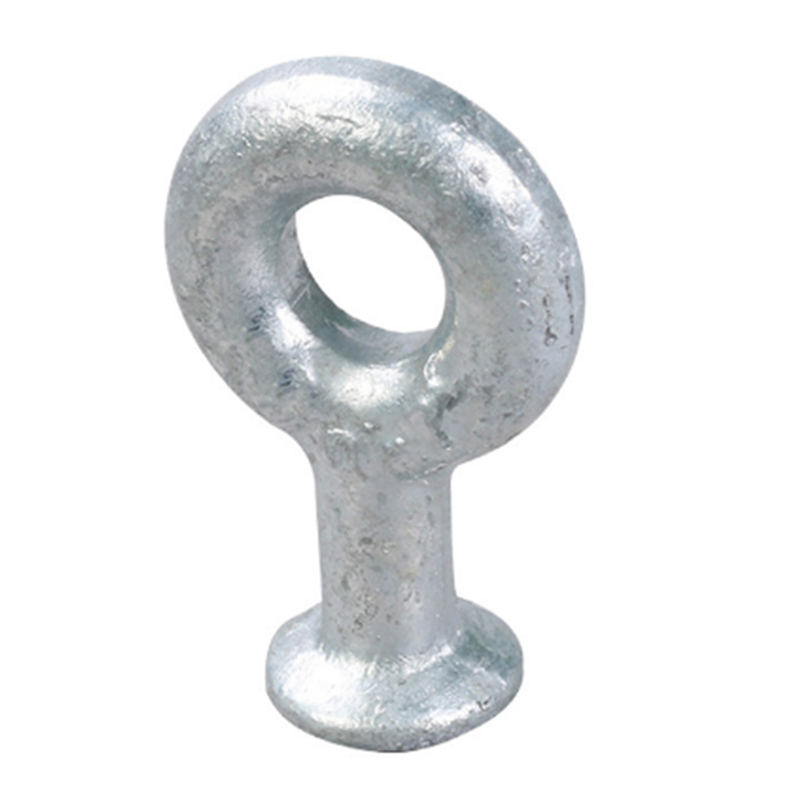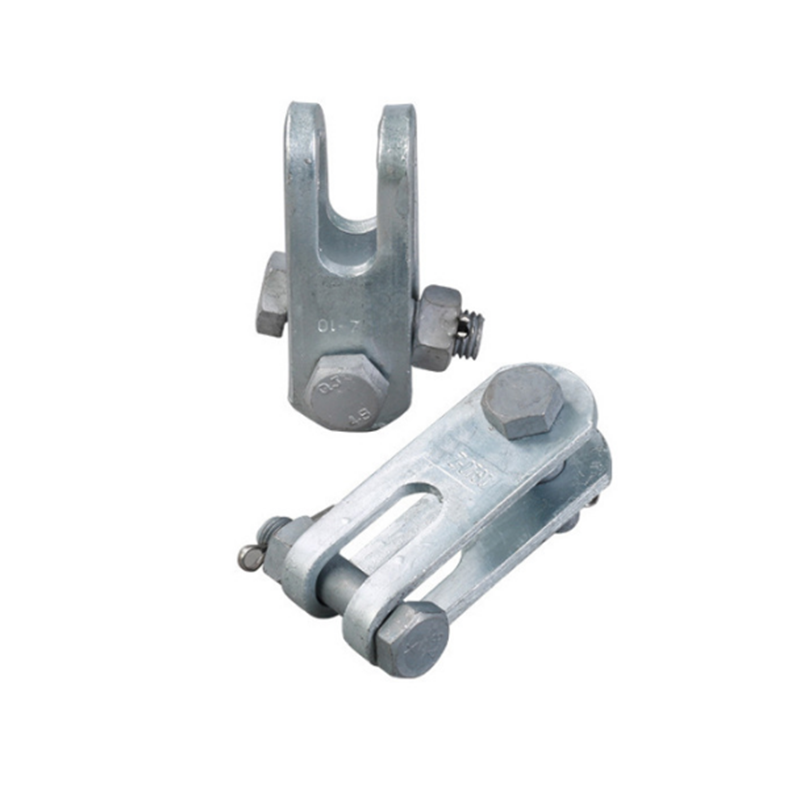- Chinese
- French
- German
- Portuguese
- Spanish
- Russian
- Japanese
- Korean
- Arabic
- Irish
- Greek
- Turkish
- Italian
- Danish
- Romanian
- Indonesian
- Czech
- Afrikaans
- Swedish
- Polish
- Basque
- Catalan
- Esperanto
- Hindi
- Lao
- Albanian
- Amharic
- Armenian
- Azerbaijani
- Belarusian
- Bengali
- Bosnian
- Bulgarian
- Cebuano
- Chichewa
- Corsican
- Croatian
- Dutch
- Estonian
- Filipino
- Finnish
- Frisian
- Galician
- Georgian
- Gujarati
- Haitian
- Hausa
- Hawaiian
- Hebrew
- Hmong
- Hungarian
- Icelandic
- Igbo
- Javanese
- Kannada
- Kazakh
- Khmer
- Kurdish
- Kyrgyz
- Latin
- Latvian
- Lithuanian
- Luxembou..
- Macedonian
- Malagasy
- Malay
- Malayalam
- Maltese
- Maori
- Marathi
- Mongolian
- Burmese
- Nepali
- Norwegian
- Pashto
- Persian
- Punjabi
- Serbian
- Sesotho
- Sinhala
- Slovak
- Slovenian
- Somali
- Samoan
- Scots Gaelic
- Shona
- Sindhi
- Sundanese
- Swahili
- Tajik
- Tamil
- Telugu
- Thai
- Ukrainian
- Urdu
- Uzbek
- Vietnamese
- Welsh
- Xhosa
- Yiddish
- Yoruba
- Zulu
- Kinyarwanda
- Tatar
- Oriya
- Turkmen
- Uyghur

Self-spinning screw
The Truth About Self-Spinning Screws
The concept of a self-spinning screw might sound intriguing, even futuristic. It's a term that often gets thrown around as though it's marching right out of a sci-fi movie. Yet, it’s essential to demystify what it actually entails. Many newcomers in hardware think it’s some magical device that spins itself into place, saving all manual effort. However, those who've worked in manufacturing or have hands-on experience know it involves a specific mechanism driven by external forces—making it quite practical, not magical.
Unveiling the Mechanism
Screws, by design, don't spin themselves without assistance. The term self-spinning screw usually refers to how certain screws can be easily driven by specific tools or machinery. It might involve a torque system that they seamlessly work with, allowing them to be installed faster in an automated line. We often rely on pneumatic drivers or specialized screwdrivers for this purpose. This misunderstanding that they 'spin themselves' probably comes from how efficiently they behave under the right system.
As someone who spent years observing the production lines, the seamless operation of these screws is crucial. Firms like Shengfeng Hardware Fastener Factory, deeply immersed in the fastener business, know that efficiency and effectiveness truly matter. When you're producing thousands of screws, every second counts, and these self-spinning mechanisms make a significant difference.
Let me illustrate with an example. In one of my previous projects, we integrated a robotic arm that specifically handled self-spinning screws with unbelievable precision. The accuracy was achieved not because the screws were magical but due to the finely tuned machinery handling them.
Challenges and Solutions
While the mechanism sounds flawless, practical challenges are inevitable. One recurring issue is the specific alignment required for these screws to work efficiently with automated systems. It's not a plug-and-play scenario; adjustments often need expert hands to ensure everything works smoothly.
Take the experience of setting up a production line in a bustling factory as an example. Misalignment leads to faulty threads and strips. Thus, it's not only about the screws themselves but also about the precision of machinery settings. Regular maintenance and alignment checks are key to preventing hiccups down the line.
Additionally, material plays a pivotal role. Certain materials may influence the performance of these mechanisms. Companies like Shengfeng Hardware Fastener Factory, with their expertise, choose materials meticulously to balance strength and ease of application, ensuring that every screw meets stringent quality standards.
The Role of Technology
Technological advancements continue to push the boundaries of what self-spinning mechanisms can achieve. The integration of smart sensors and AI-driven systems allows for even greater precision and autonomy. Imagine a scenario where sensors determine the precise torque required for each specific application in real time—making self-spinning a dynamic process.
Such technological feats are becoming more commonplace. Handan Shengfeng Hardware Fastener Factory has tapped into this arena by investing in research and development for innovative fastening solutions. Their position in the heart of the industrial belt serves them well as they keep pace with these advancements.
Embracing technology doesn't mean manufacturers abandon traditional methods. It's about striking a balance—using automation to enhance efficiency while grounding innovations on a solid understanding of the basics.
Practical Applications
Self-spinning mechanisms find utility across various sectors. In automotive assembly lines, they speed up production without sacrificing precision. This is particularly critical given the sheer volume of screws required in building a single vehicle. In electronics, where delicate components are involved, being able to control torque and speed ensures product integrity.
Reflecting on the role of specialized manufacturers, firms like Shengfeng Hardware Fastener Factory are significant contributors to industries requiring such precision and volume. They provide the necessary components that integrate efficiently within automated systems. This enhances their clients’ capabilities in delivering end products faster and more reliably.
A practical consideration is evaluating the cost-benefit ratio of implementing such systems. Companies must weigh immediate costs against the long-term gains of increased productivity and decreased human error. It’s an investment with substantial returns if done thoughtfully.
Evaluating Alternate Solutions
Before diving headfirst into adopting self-spinning systems, it’s worth considering alternative solutions for certain applications. Sometimes traditional methods with improved tooling or different screw designs may suffice. The need for self-spinning screws comes down to specific project needs.
For instance, in some manual applications, using a high-quality screwdriver and appropriately designed screws can achieve desired results without the added complexity of automation. It's about finding what works best for the situation at hand. Exploring various options keeps operations flexible and cost-effective.
It’s no surprise that companies involved in fastener production often have vast catalogs to cater to different needs. Establishments like Shengfeng Hardware Fastener Factory exemplify this by offering a broad range of products—from regular nuts and bolts to specialized fasteners—all accessible via their expansive online presence at https://www.sxwasher.com.
Соответствующая продукция
Соответствующая продукция




